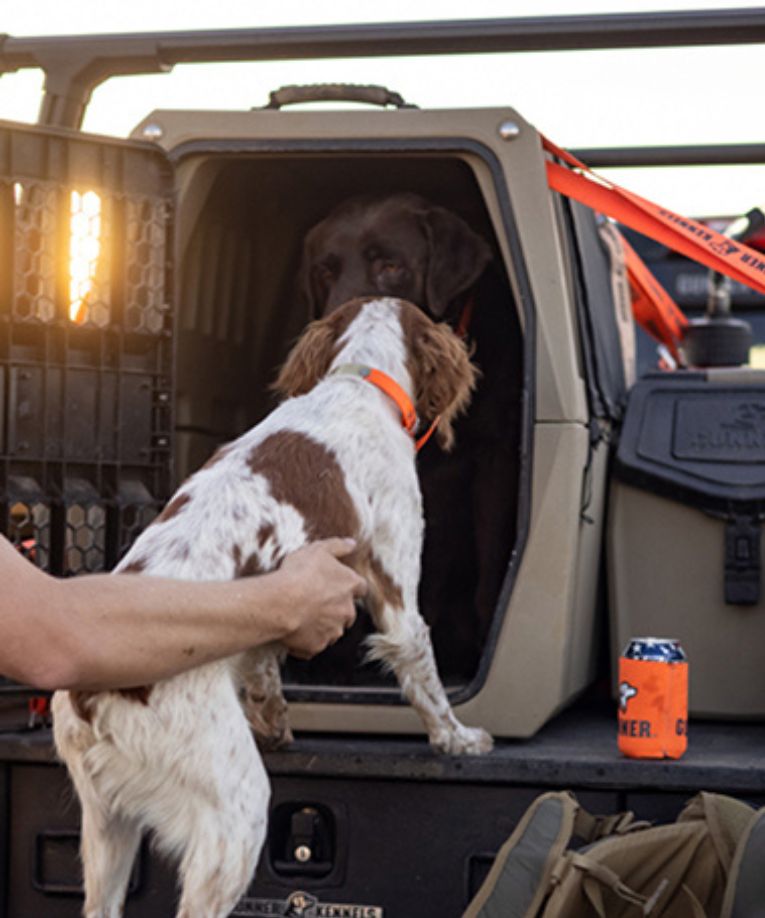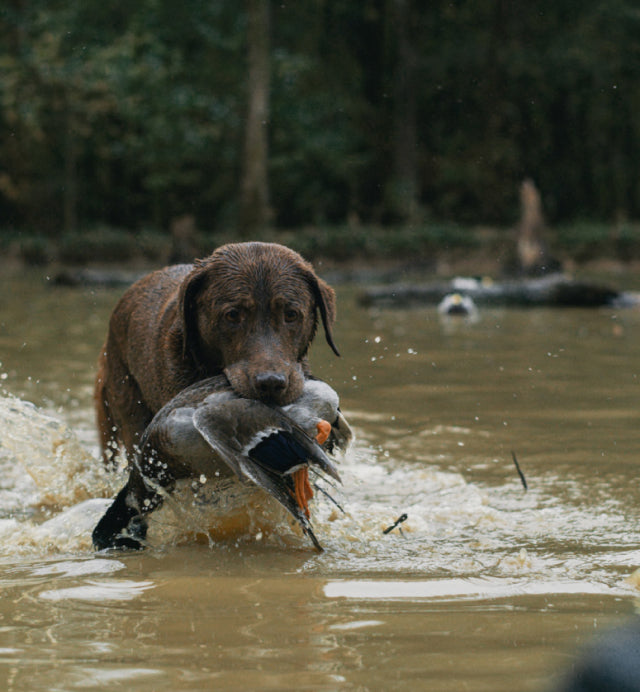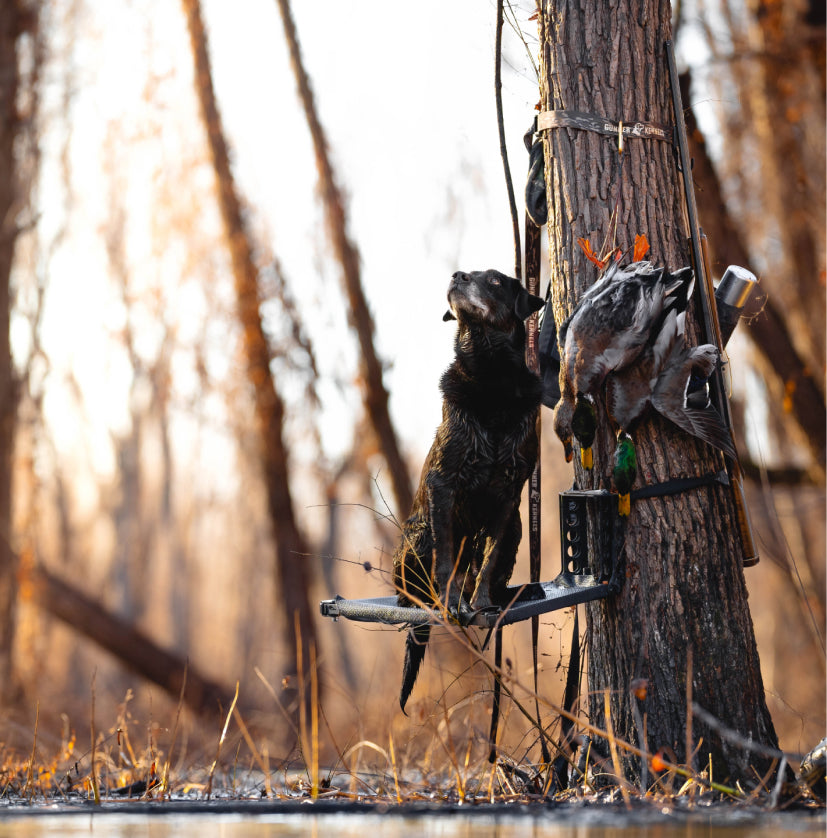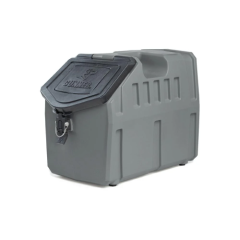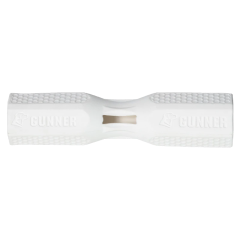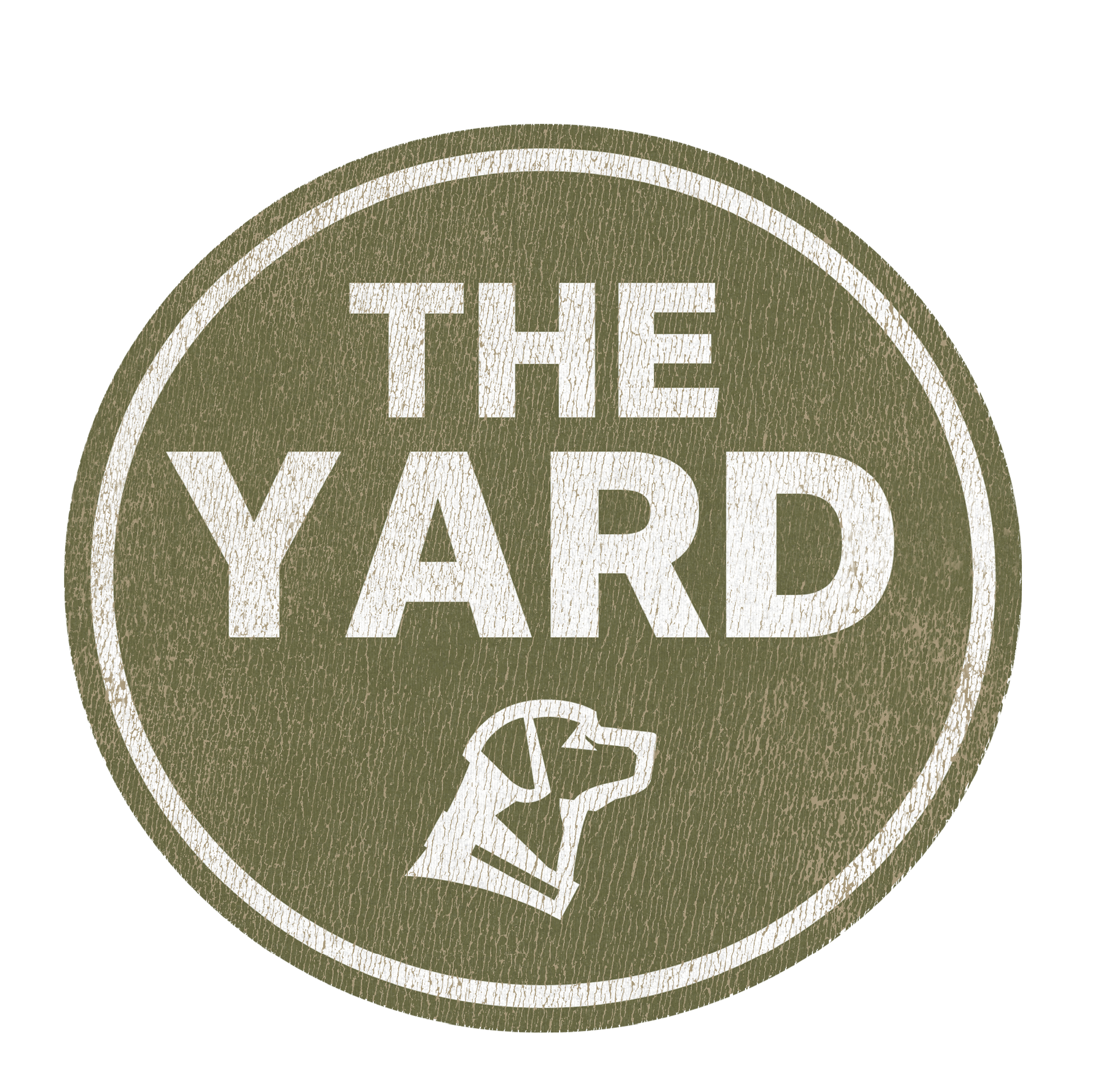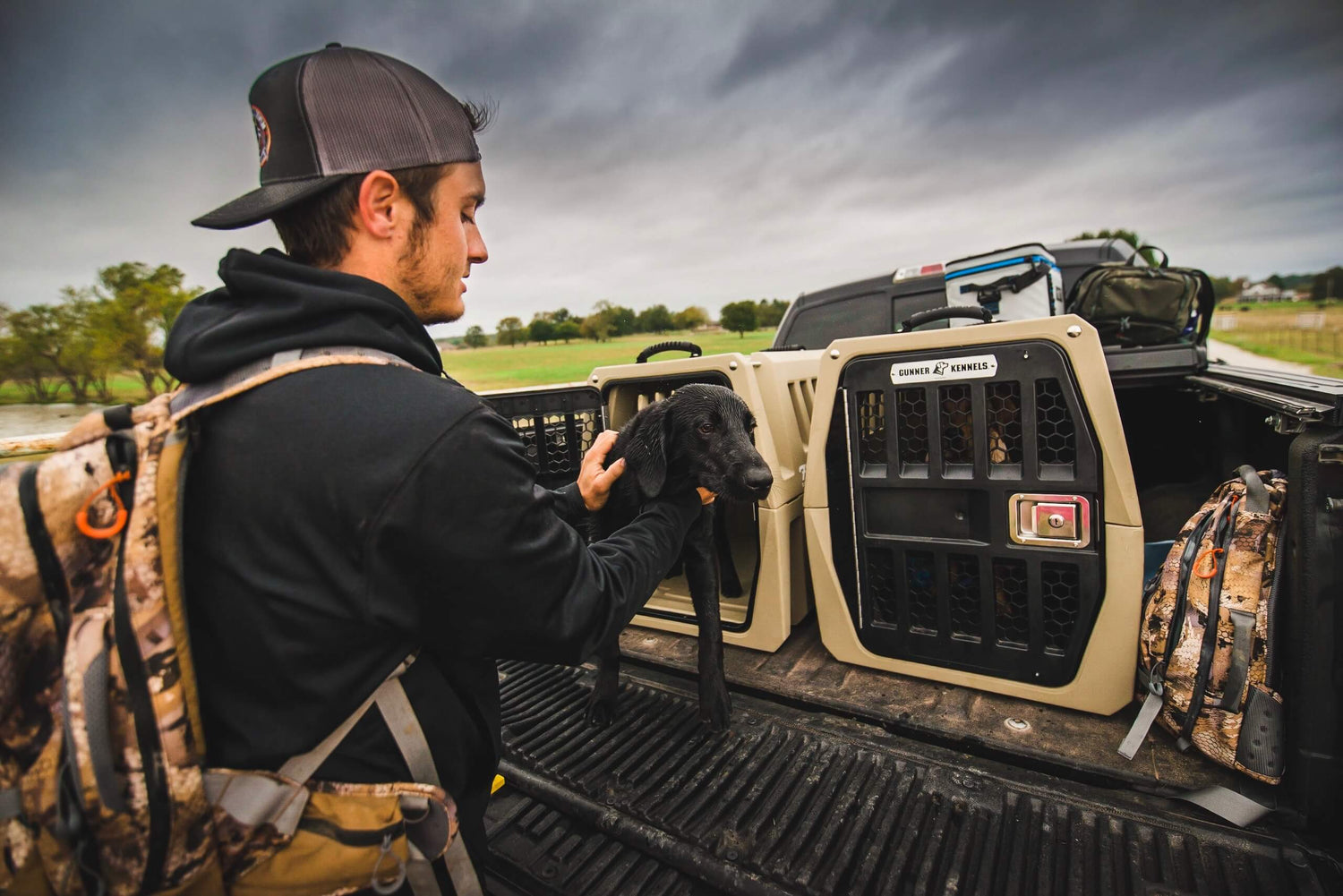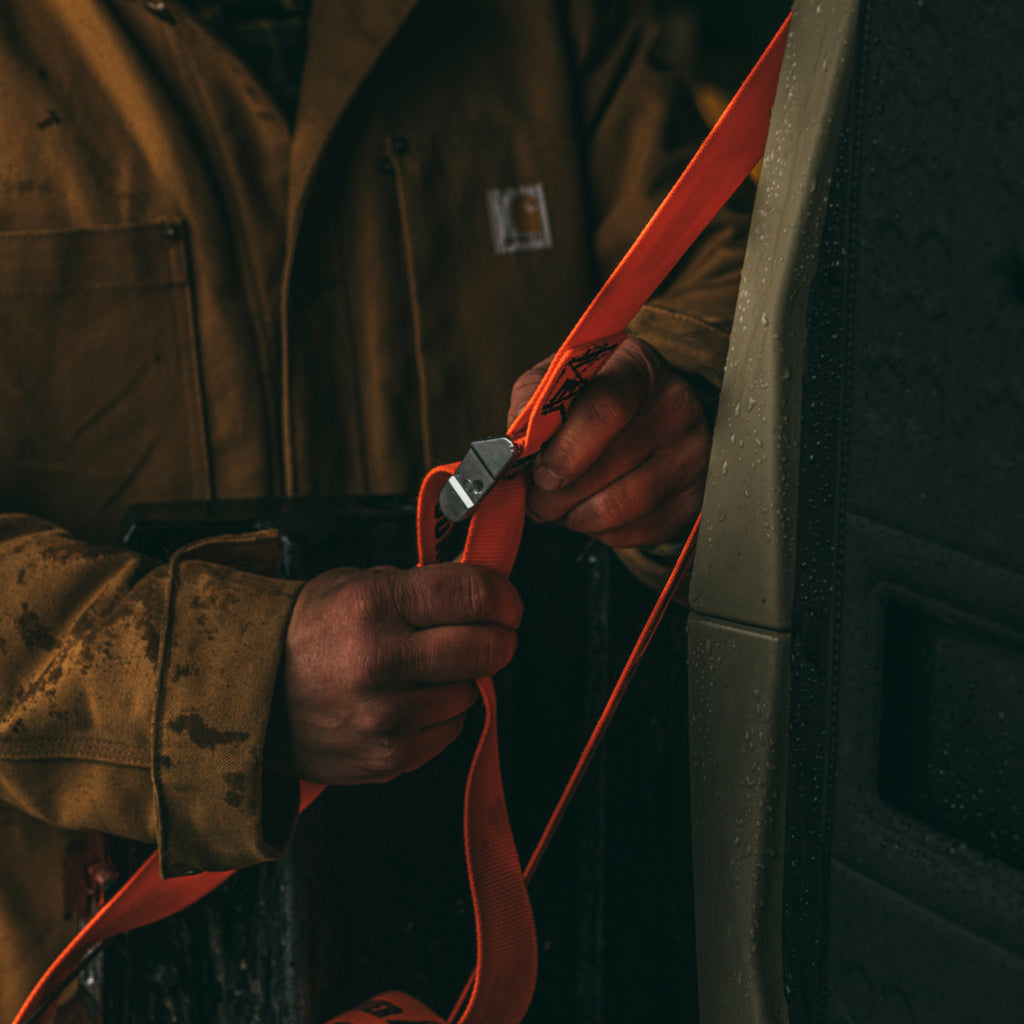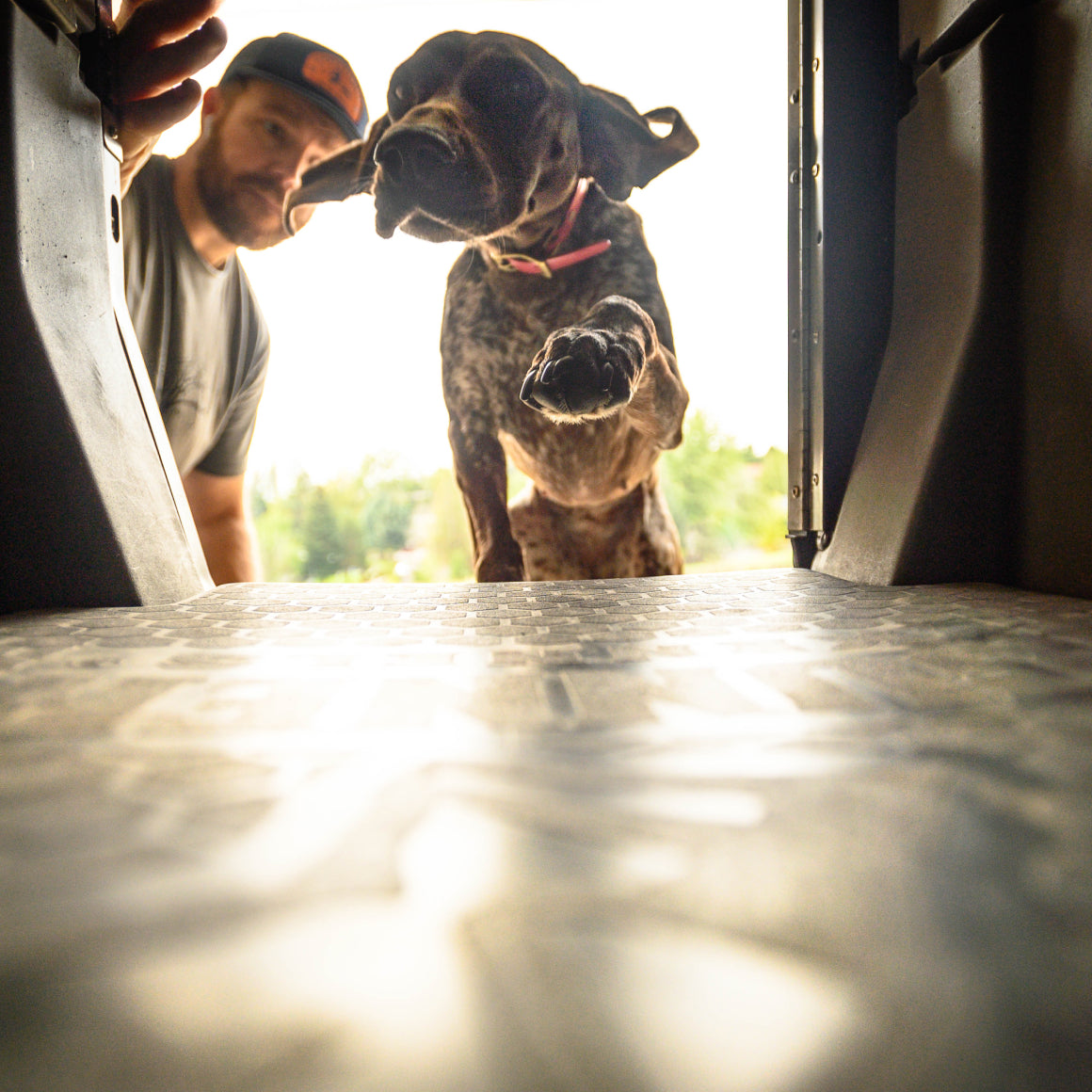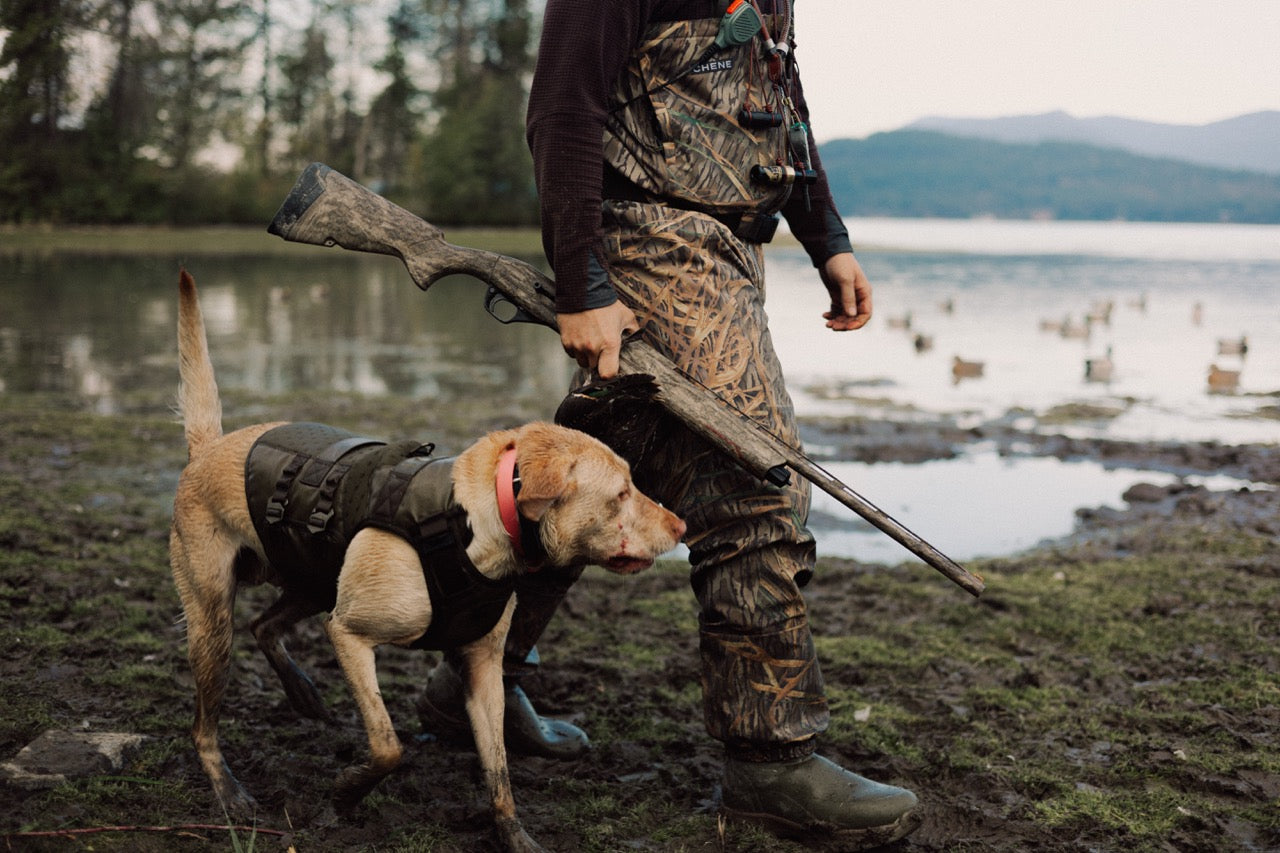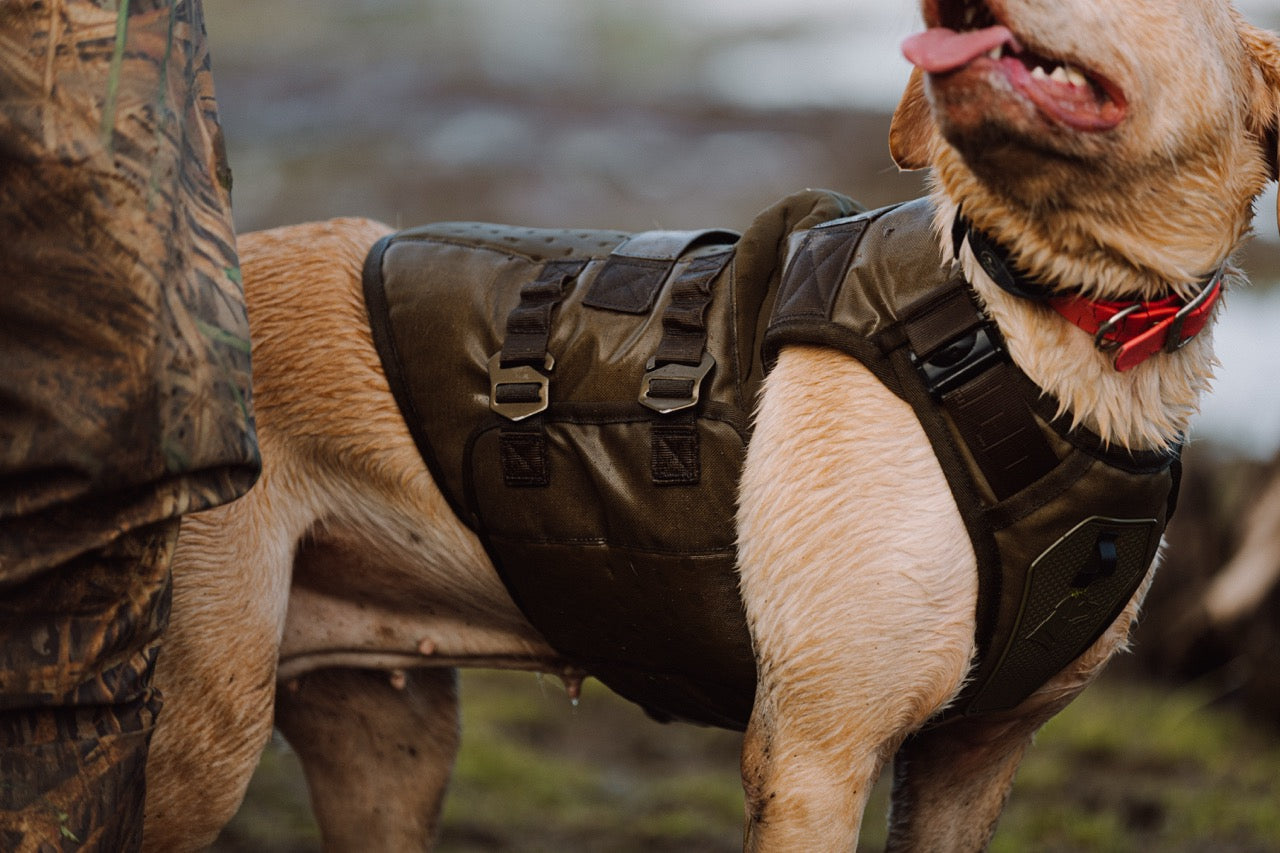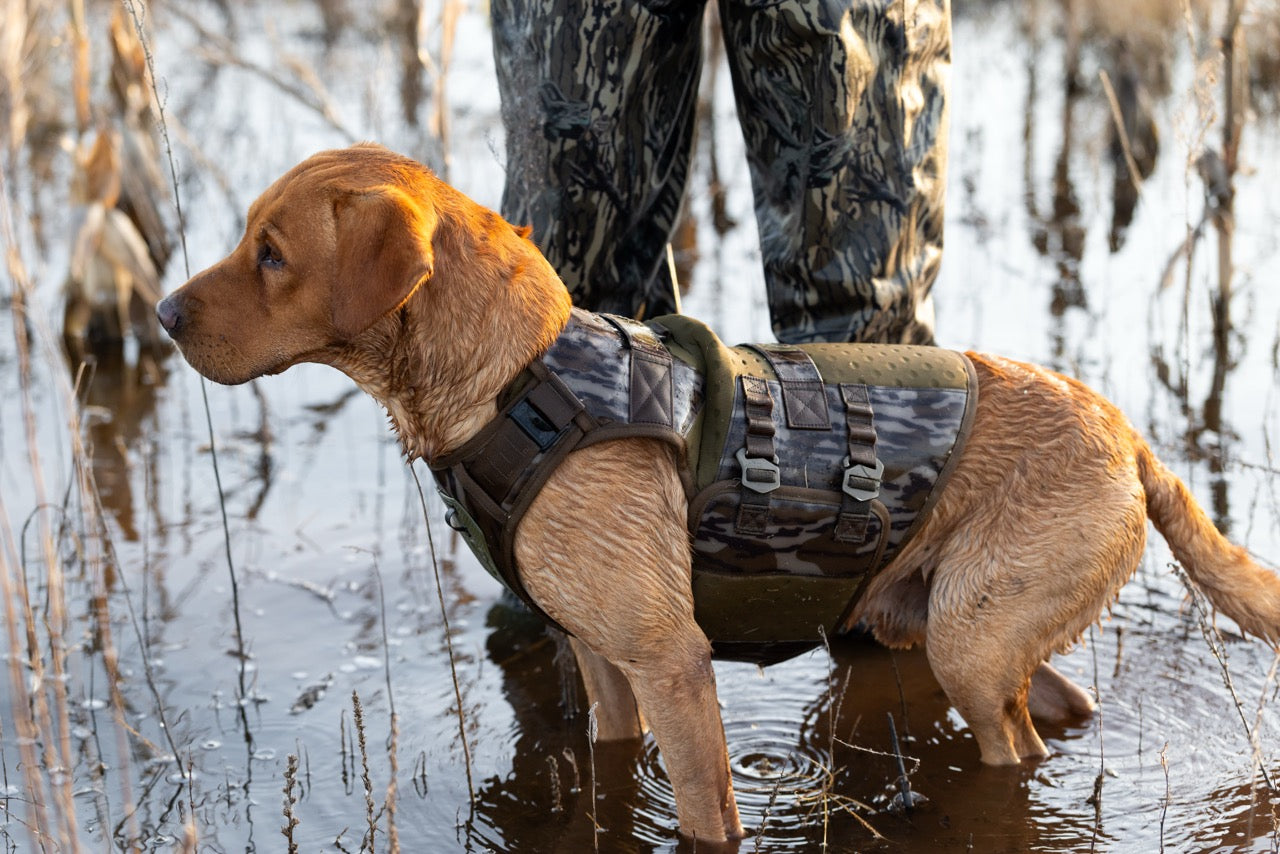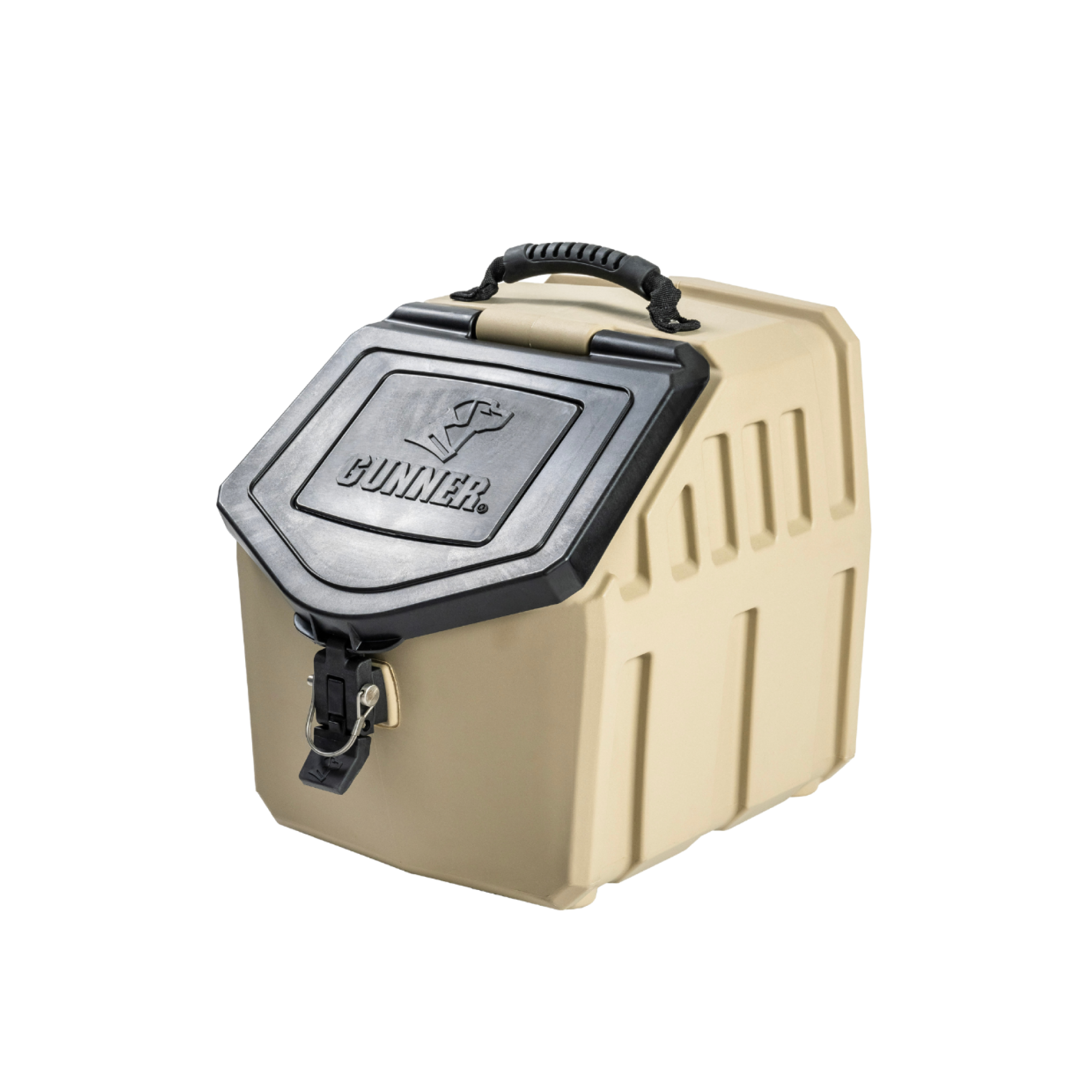If you’re like us, since COVID-19 started spreading you’ve wondered at some point: 1) can my dog transfer the Coronavirus disease to me; and 2) can my dog contract COVID-19?
Because this is a new strain recently discovered that hadn’t been previously identified, information has changed rapidly. But we’ve compiled the facts of what we do know, and will update this page responsibly as studies evolve.
GUNNER’S TWO IMPORTANT TAKEAWAYS
Based on what national and international health organizations have reported [as of March 22, 2020], here are two things that are clear regarding COVID-19 and dogs at this time:
- Pets cannot transfer COVID-19 to humans.
- Pets should not be neglected for fear of transfer.
CAN MY DOG TRANSFER CORONAVIRUS DISEASE TO ME?

Bottomline: According to the Center For Disease Control & Protection and the World Health Organization, no.
CDC says the disease is spread to humans through person-to person contact. Here’s what they say:
“In the United States, there is no evidence to suggest that any animals, including pets, livestock, or wildlife, might be a source of COVID-19 infection at this time.”
– CDC [as of Sunday, March 22, 2020]
“To date, there is no evidence that a dog, cat or any pet can transmit COVID-19.”
– WHO [as of Sunday, March 22, 2020]
The CDC and WHO both follow up on this with cautionary advice, which we should all be heeding: “However, because all animals can carry germs that can make people sick, it’s always a good idea to practice healthy habits around pets and other animals.” – CDC [as of Sunday, March 22, 2020]
According to the CDC this primarily means cleaning up after your dog properly and washing your hands for at least 20 seconds after interacting with any dog when possible –especially if your dog has been in high-traffic public spaces.
CAN I PASS CORONAVIRUS TO MY DOG?
Bottomline: According to the Center For Disease Control & Protection: highly unlikely.
There have been no reported cases of pets in the U.S. contracting COVID-19. Here’s what they say:
“You should restrict contact with pets and other animals while you are sick with COVID-19, just like you would around other people. Although there have not been reports of pets or other animals becoming sick with COVID-19, it is still recommended that people sick with COVID-19 limit contact with animals until more information is known about the virus. When possible, have another member of your household care for your animals while you are sick. If you are sick with COVID-19, avoid contact with your pet, including petting, snuggling, being kissed or licked, and sharing food.”
– CDC [as of Sunday, March 22, 2020]
Basically, if you are infected with COVID-19 or feel sick: wash your hands before and after you interact with your pets and ensure there is no sharing of towels, utensils and/or bedding between pets and the infected person (or other people in the home).
ANY CONFIRMED GLOBAL CASES OF COVID-19 IN A DOG?
Bottomline: According to the World Health Organization website [as of March 22, 2020], there has been one confirmed case in Hong Kong.
“While there has been one instance of a dog being infected in Hong Kong, to date, there is no evidence that a dog, cat or any pet can transmit COVID-19.”
– WHO [as of Sunday, March 22, 2020]
CDC is not reporting this case on their website (that we can find).
Even given this news, both WHO and CDC are united in the belief that 1) we should not be concerned that our pets are transmitting the virus; 2) we should continue to practice good hygiene around our pets. Here’s what Psychology Today reported on this particular situation (we think it offers good context):
“In February 2020, the Hong Kong Agriculture, Fisheries and Conservation Department reported on a case of a pet dog testing “weak positive” to the COVID-19 virus. The dog was owned by a 60-year-old woman who had contracted the viral disease, but who ultimately recovered. The animal was quite elderly, specifically a 17-year-old Pomeranian, who was suffering from other underlying illnesses as well. The dog showed none of the overt symptoms of this influenza, and after a two-week quarantine, which ended after two successive tests showed no evidence of the virus, it was released back to its owner. Because there was no evidence that the dog had actually developed antibodies to COVID-19, some experts have questioned whether there is enough evidence to say that the dog actually had contracted the disease. Several veterinary experts contended that the test used in Hong Kong would be unable to detect whether the dog had the virus or if it had simply licked contaminated surfaces in the home.” – Psychology Today [posted March 19, 2020]
GOOD THINGS TO KNOW:
- Even if your city “shelters in place” or asks you to stay at home, don’t panic: you will be able to go to the grocery store and procure essentials online, like pet food. Though preparation is important, there is absolutely no current reason to think this will change.
- The CDC says the best way to prevent COVID-19 and other viruses from spreading is by following everyday preventative behaviors, such as:
+ Washing your hands frequently.
+ Staying home when sick.
+ Covering coughs and sneezes.
- Though veterinary clinics can remain open even in “shelter in place” mandates (at least the ones that have been issued to date as of March 22, 2020), you should note that many are restricting visits to emergencies only.
- Animals are not being regularly tested for COVID-19, as of March 11, 2020, according to Dr. Jerry Klein, chief veterinary officer of the American Kennel Club.
- “There is no reason to test unless an animal is sick. There haven’t been any letters from the CDC or the American Veterinary Medical Association (AVMA) about recent upsurges in questionably ill animals, here or elsewhere. We haven’t had any reports of surges in emergency rooms of dogs or cats presenting with fevers of unknown origin. As of now, it is not any different than in previous years. So the answer to are animals being tested is: probably not.” – Dr. Klein, posted March 11, 2020
- “There is no reason to test unless an animal is sick. There haven’t been any letters from the CDC or the American Veterinary Medical Association (AVMA) about recent upsurges in questionably ill animals, here or elsewhere. We haven’t had any reports of surges in emergency rooms of dogs or cats presenting with fevers of unknown origin. As of now, it is not any different than in previous years. So the answer to are animals being tested is: probably not.” – Dr. Klein, posted March 11, 2020
- This should go without saying, but under no circumstances should owners abandon their dogs or other pets because of COVID-19 fears. We’ve seen reports (like this one from TIME) that because of unfounded fears, China’s animal shelters are overwhelmed with abandoned pets.
- Dogs bring you health benefits, which studies say can include lowered stress levels! Big win in times such as these.
+ If you are spending more time at home and want another dog, consider if now would be a great time to foster (or bring home!) a puppy from your local shelter or reputable breeder.
We’re all in this together, and again we’ll reiterate that small silver lining here…
We may be spending a lot more quality time with loved ones in the coming days, including with Man’s Best Friend.
Article published March 20, 2020.

